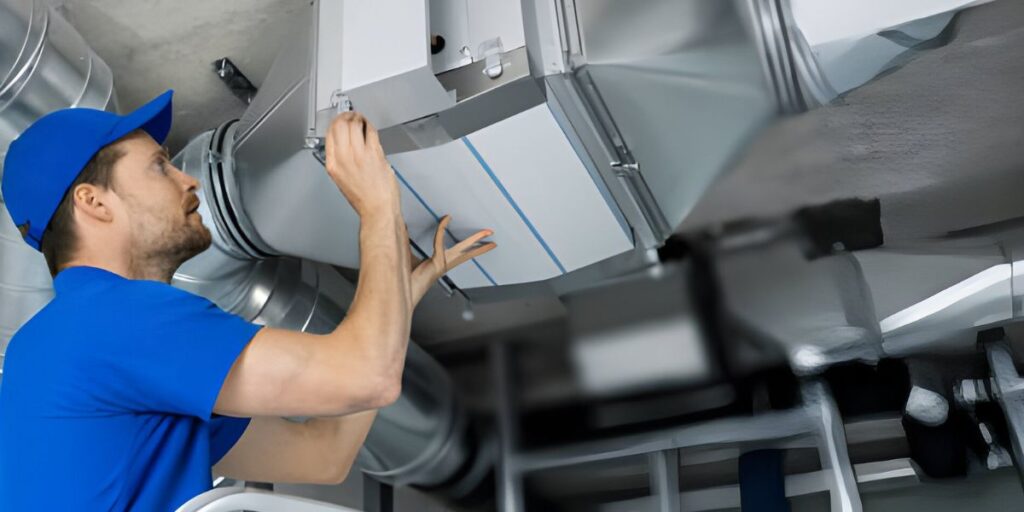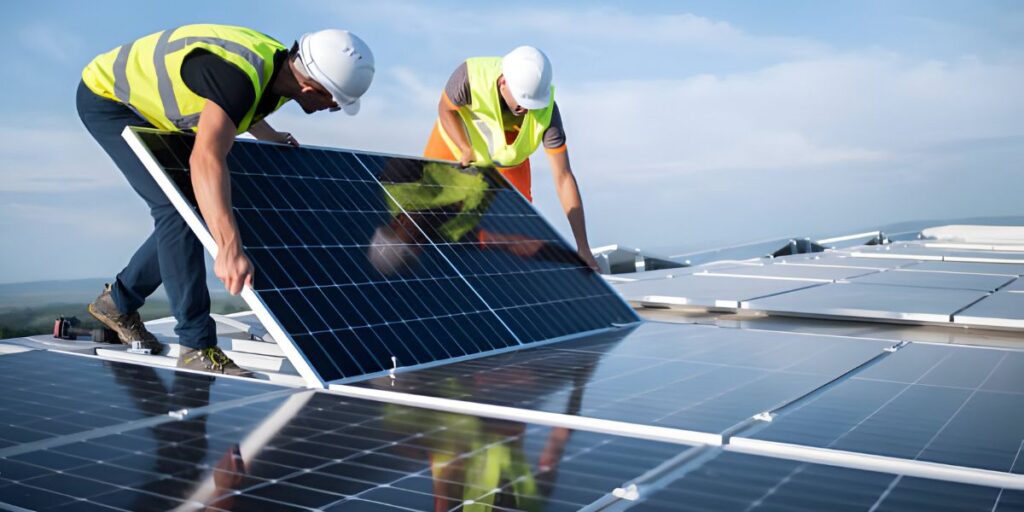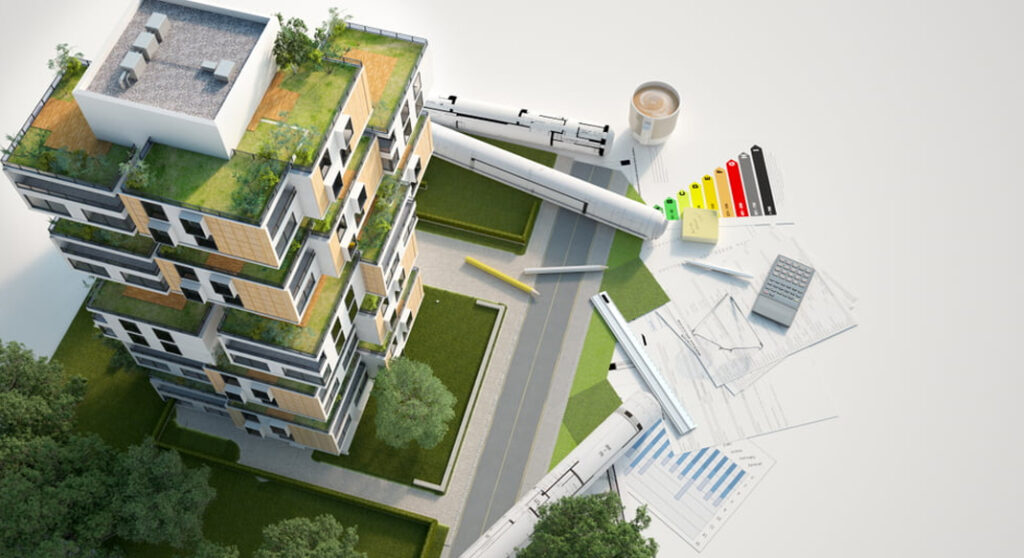As environmental concerns grow, sustainability in renovations has become a priority for property owners. Adopting eco-friendly practices not only benefits the planet but also enhances property value, reduces operating costs, and attracts environmentally conscious tenants. This blog explores various sustainable renovation strategies that property owners can implement to create greener, more efficient buildings.
Understanding Sustainability in Renovations
Sustainability in renovations involves making choices that minimize the environmental impact of building projects. This includes using energy-efficient systems, sustainable materials, and waste-reduction practices. By focusing on these areas, property owners can create buildings that are more eco-friendly and cost-effective over the long term. Urban Complex GC specializes in integrating sustainable practices into their renovation projects, ensuring that each building meets high environmental standards while achieving optimal performance.
Energy-Efficient Upgrades
One of the most impactful ways to enhance sustainability is through energy-efficient upgrades. These improvements not only reduce energy consumption but also lower utility bills. Key strategies include:
LED Lighting
Replacing traditional incandescent bulbs with LED lighting is a simple yet effective way to reduce energy usage. LEDs use significantly less energy and have a longer lifespan, which means fewer replacements and less waste.
Energy-Efficient HVAC Systems

Heating, ventilation, and air conditioning (HVAC) systems are major energy consumers. Upgrading to energy-efficient HVAC systems can drastically cut energy use. Look for systems with high Seasonal Energy Efficiency Ratios (SEER) and Energy Star certifications. Additionally, regular maintenance ensures that HVAC systems run efficiently.
Insulation and Windows
Proper insulation and high-performance windows reduce the need for heating and cooling. Installing insulation in walls, roofs, and floors, as well as using double-glazed windows, can significantly improve a building’s energy efficiency. This not only lowers energy costs but also enhances indoor comfort.
Sustainable Materials
Choosing sustainable materials for renovations can greatly reduce a property’s environmental footprint. Sustainable materials are those that are renewable, recycled, or have a minimal impact on the environment during production and disposal.
Recycled and Reclaimed Materials
Using recycled and reclaimed materials reduces the demand for new resources. Materials such as reclaimed wood, recycled metal, and repurposed bricks not only conserve natural resources but also add unique character to the building.
Low-Emission Materials
Low-emission (low-VOC) paints, adhesives, and finishes reduce the release of harmful chemicals into the environment. These materials improve indoor air quality and create healthier living and working spaces.
Sustainable Flooring
Opt for sustainable flooring options such as bamboo, cork, or recycled materials. These alternatives are renewable, durable, and often require fewer resources to produce than traditional flooring materials like hardwood or carpet.
Water Conservation
Water conservation is a critical aspect of sustainable renovations. Implementing water-saving fixtures and systems can significantly reduce water usage and lower utility bills.
Low-Flow Fixtures
Installing low-flow faucets, showerheads, and toilets can drastically cut water use without compromising performance. These fixtures are designed to use less water per minute while maintaining adequate pressure.
Rainwater Harvesting
Rainwater harvesting systems collect and store rainwater for non-potable uses, such as irrigation and toilet flushing. This reduces the demand on municipal water supplies and lowers water bills.
Renewable Energy Sources

Incorporating renewable energy sources into renovations is a powerful way to enhance sustainability. Solar panels, wind turbines, and geothermal systems can provide clean, renewable energy to power buildings.
Solar Panels
Solar panels convert sunlight into electricity, reducing reliance on fossil fuels. Installing solar panels can significantly lower energy bills and provide a sustainable energy source for decades.
Geothermal Systems
Geothermal systems use the earth’s stable temperature to heat and cool buildings. These systems are highly efficient and can significantly reduce energy consumption and greenhouse gas emissions.
Waste Reduction
Minimizing waste during renovations is essential for sustainability. Effective waste management strategies include:
Deconstruction and Salvage
Instead of demolishing existing structures, consider deconstruction. Salvaging materials such as doors, windows, and fixtures reduces waste and allows for reuse in future projects.
Recycling
Set up recycling programs for construction waste such as metal, wood, and concrete. Many materials can be recycled into new products, reducing the need for virgin resources.
Conclusion
Sustainability in renovations is not only beneficial for the environment but also offers economic and health advantages. By adopting energy-efficient upgrades, using sustainable materials, conserving water, incorporating renewable energy sources, and reducing waste, property owners can create buildings that are eco-friendly and cost-effective. For property owners looking to implement these sustainable practices, partnering with a knowledgeable contractor is crucial.
If you are seeking to enhance your property with sustainable renovations, consider working with Urban Complex, a Commercial General Contractor in Phoenix AZ. Our expertise in eco-friendly practices can help you achieve your sustainability goals while ensuring quality and efficiency. If you’re looking for a Commercial Contractor in Phoenix AZ, Urban Complex GC is here to guide your renovation project towards a greener, more sustainable future.



